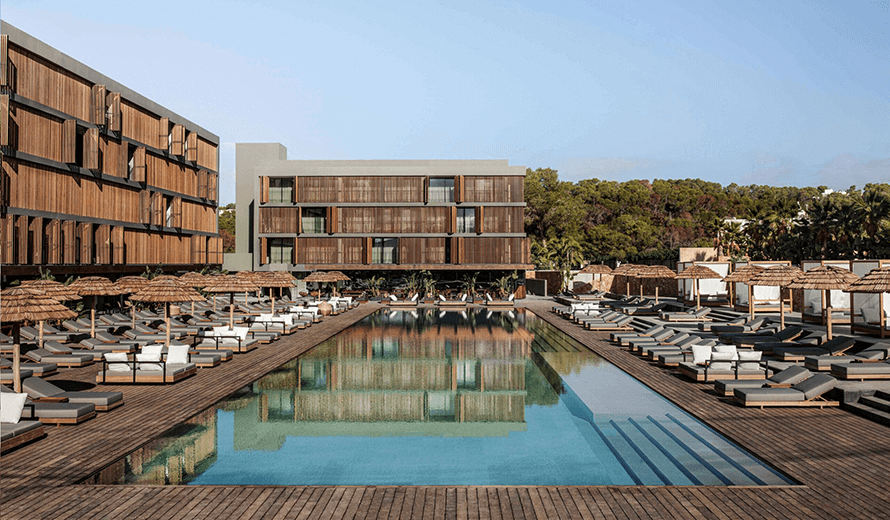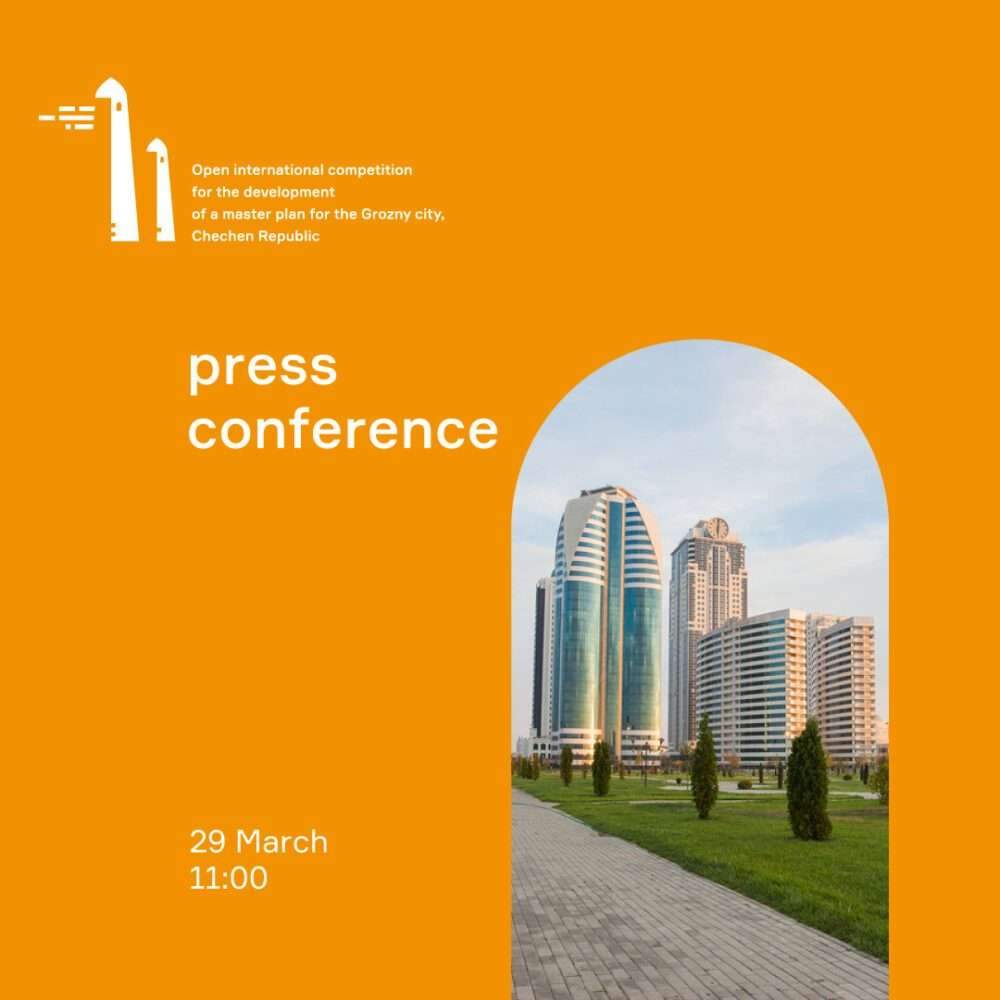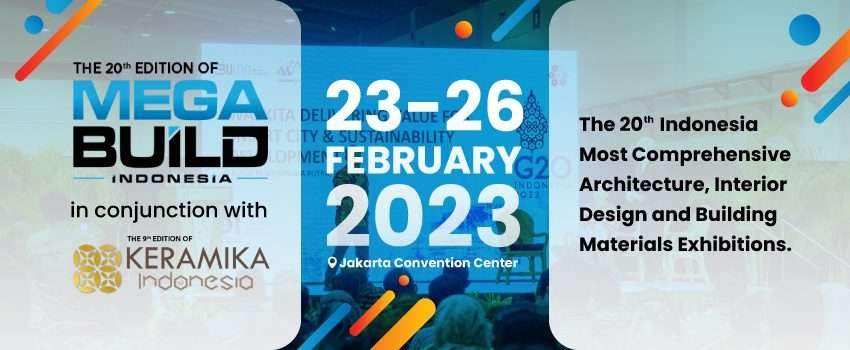Endorsed by the International Union of Architects (UIA), the competition is an open involve proposals supported an anonymous design submission that invites architects or teams of architects and engineers to develop and submit their projects as companies or joint ventures of people and/or companies.
Known for being one among the oldest cities within the world, Mosul –”the linking point” in Arabic– is now at the start of its recovery process. The reconstruction of this important landmark of the town is of utmost importance to send a robust signal of resilience and hope, as a primary step towards social cohesion and reconciliation in post-conflict Iraq.
Eligibility and Process
The present competition is an open call for proposals based on an anonymous design submission. Architects or teams of architects and engineers authorized to practice in their country of residence will be asked to develop and submit a proposal for the Reconstruction and Rehabilitation of Al Nouri Complex in Mosul. Participants will need to meet specific criteria outlined in detail in the Official Architectural Brief. Project implementation will start immediately after the winning design is awarded and is expected to be completed within 27 months.
Important Dates
- Launching of the Competition: 16 November 2020;
- First round of questions: 7 December 2020;
- Deadline to answer: 14 December 2020;
- Deadline for registration: 21 December 2020;
- Deadline for second round of questions: 15 January 2021;
- Deadline to answer: 22 January 2021;
- Deadline for entries: 26 March 2021;
- Deadline for revision by Technical Committee: 3 April 2021;
- Jury meeting & deliberation: 4-11 April 2021;
- Announcement of the Winner: 15 April 2021
Prizes
An international and independent jury, composed of experts in the key domains of the task, selected by UNESCO with the participation of the Sunni Endowment and Ministry of Culture in Iraq, will review and evaluate all entries according to the evaluation criteria and select the winning submissions. Five prizes will be allocated. The total prize money is 125,000 (USD).
- The winning entry will be given the first prize with a value of 50,000 (USD) followed by a second prize with a value of 30,000 (USD) and a third one of 20,000 (USD).
- The fourth and fifth prizes will be granted 15,000 (USD) and 10,000 (USD) respectively.
- The jury may also allocate honorary mentions at its discretion for entries with special merit.
Jurors
The jury is made up of the following members listed in alphabetical order (9 jurors and 2 alternates):
- Howayda Al-Harithy (Saudi Arabia) – Professor of Architecture and Director of the School of Design at the American University of Beirut.
- Ahmed Alomary (Iraq) – Head of the Department of Architectural Engineering at the University of Mosul.
- Raya Ani (Iraq) – FAIA, LEED AP, Founder and Design Director at RAW-NYC Architects.
- Xavier Casanovas (Spain) – Expert in urban regeneration and sustainable rehabilitation and professor at the Polytechnic University of Catalonia.
- Amel Chabbi (United Arab Emirates) – Head of the Conservation Section at the Department of Culture and Tourism for the Emirate of Abu Dhabi.
- Shahira Fahmy (Egypt) – Architect, urbanist, creative researcher and founder of Shahira Fahmi Architects.
- Dominique Perrault (France) – Architect, founder of Dominique Perrault Architecture (DPA).
- Wang Shu (China) – Architect and co-founder of Amateur Architecture Studio.
- Marina Tabassum (Bangladesh) – Architect and principal of Marina Tabassum Architects.
- Doris Wälchi (Switzerland) – Director of Brauen Wälchi Achitects
- Jerzy Uścinowicz (Poland) – Professor of Architecture and Head of the Division of Architecture of Local Cultures in the Faculty of Architecture of the Białystok University of Technology.
Goals for the Rehabilitation of the Al Nouri Complex
The Rehabilitation of Al Nouri Mosque Complex calls for a conceptual design for the construction of new buildings with diverse functions, the rehabilitation of all three of its historical buildings and their integration into the new designs, and the landscaping design of the entire site. By creating new spaces dedicated to the community – for education, social and cultural activities – the project envisions a space to serve the community beyond its principal religious function. The following critical principles of design should be taken into consideration:
- Create an integrated design inspired from and compatible with the traditional architecture of Mosul’s Old City, while considering the retention of authenticity and integrity of the Complex
- Create an oasis of peace and tranquillity for worshipers and a vibrant vital center for the community, through the established new additional functions.
- Integrate an environmentally conscious design, which in the Mosul context should consider locally resourced materials, climate, and efficiency.
- Integrate the newly designed buildings, landscaping, and reconstructed portions with the remains of historical landmarks within the Complex.










